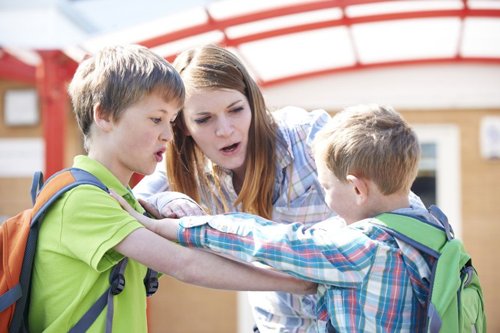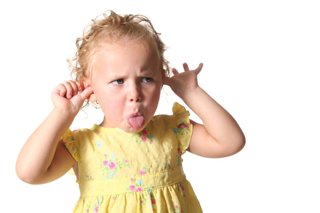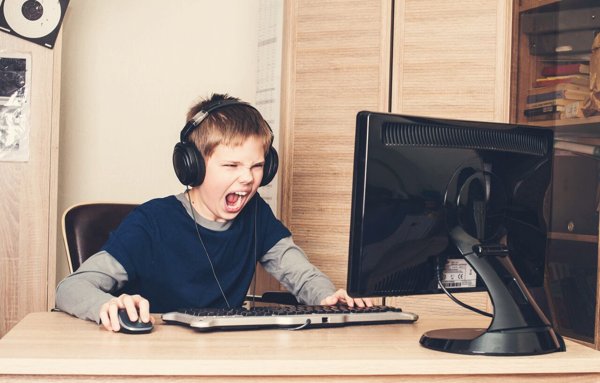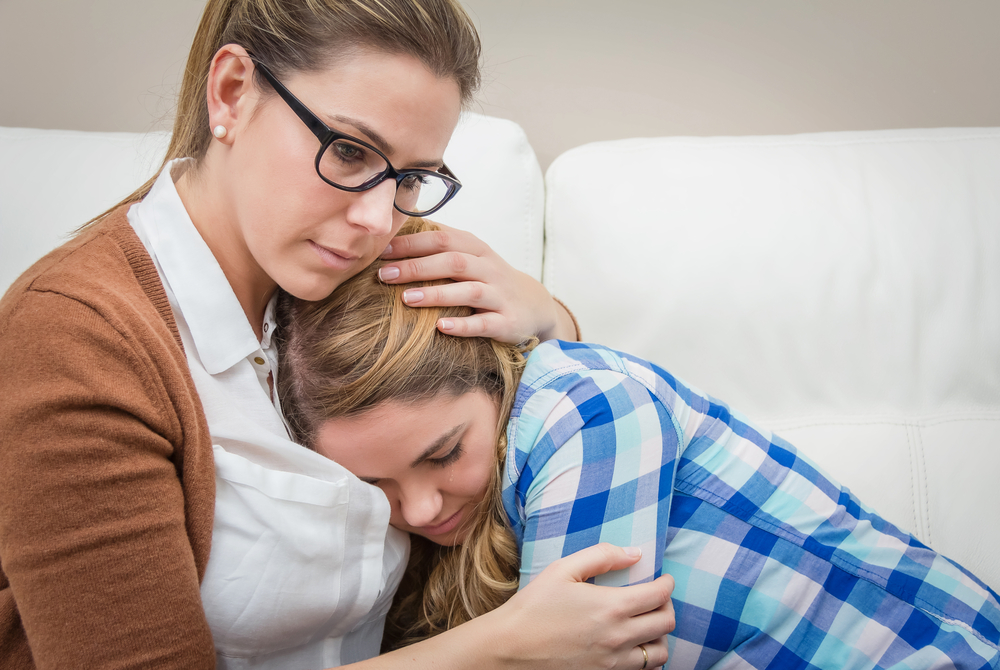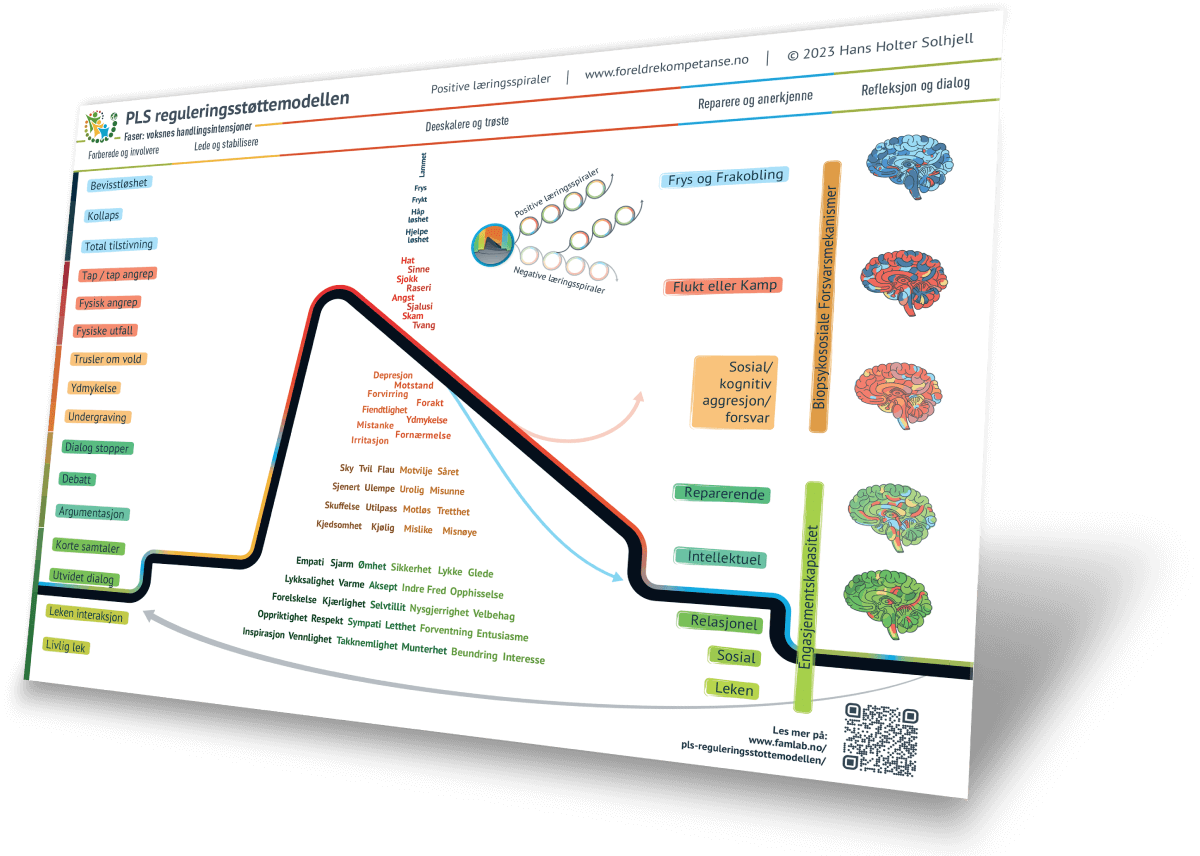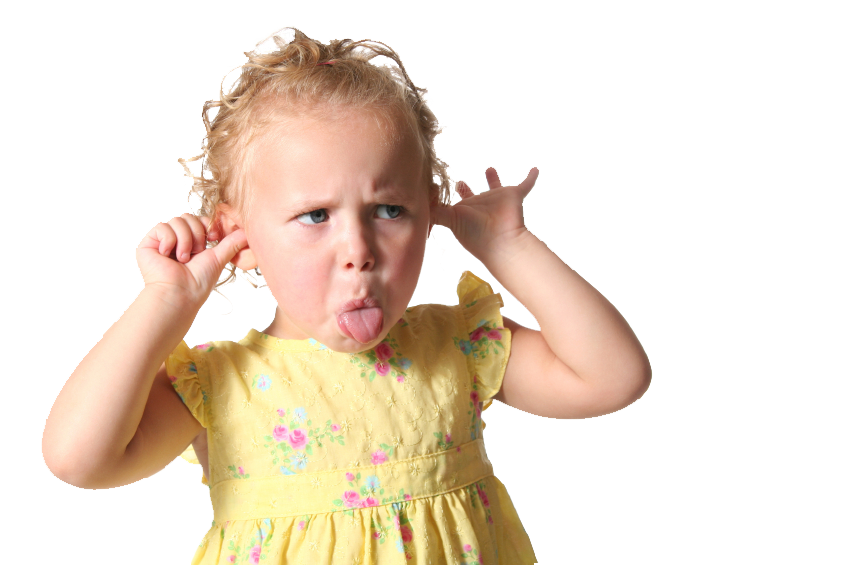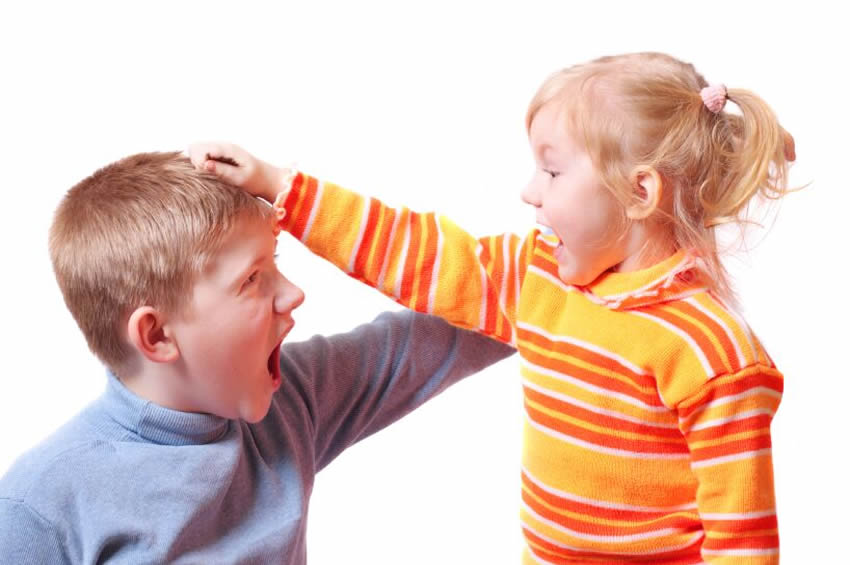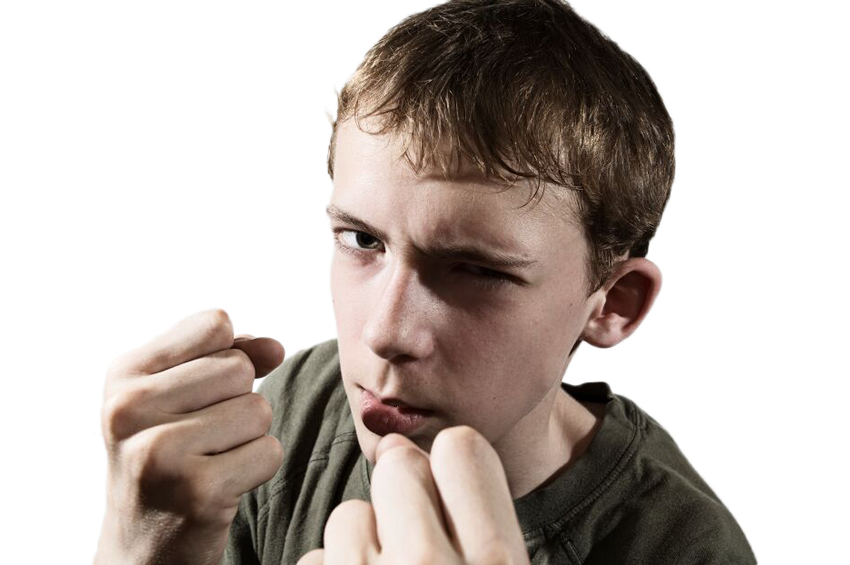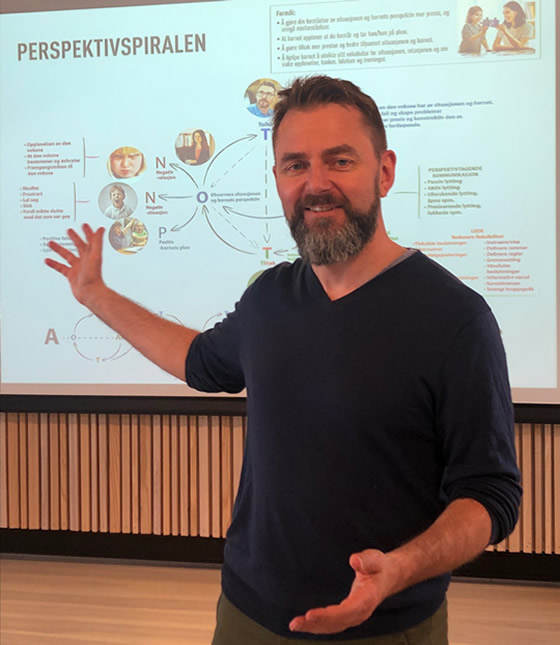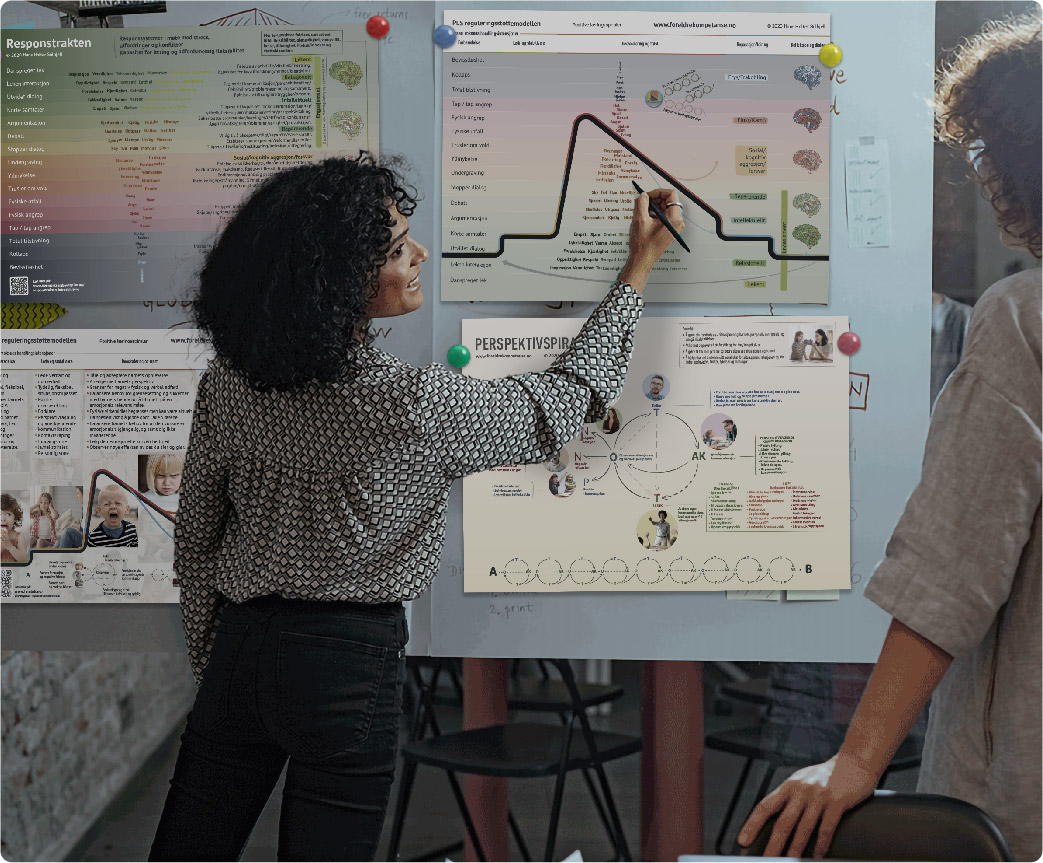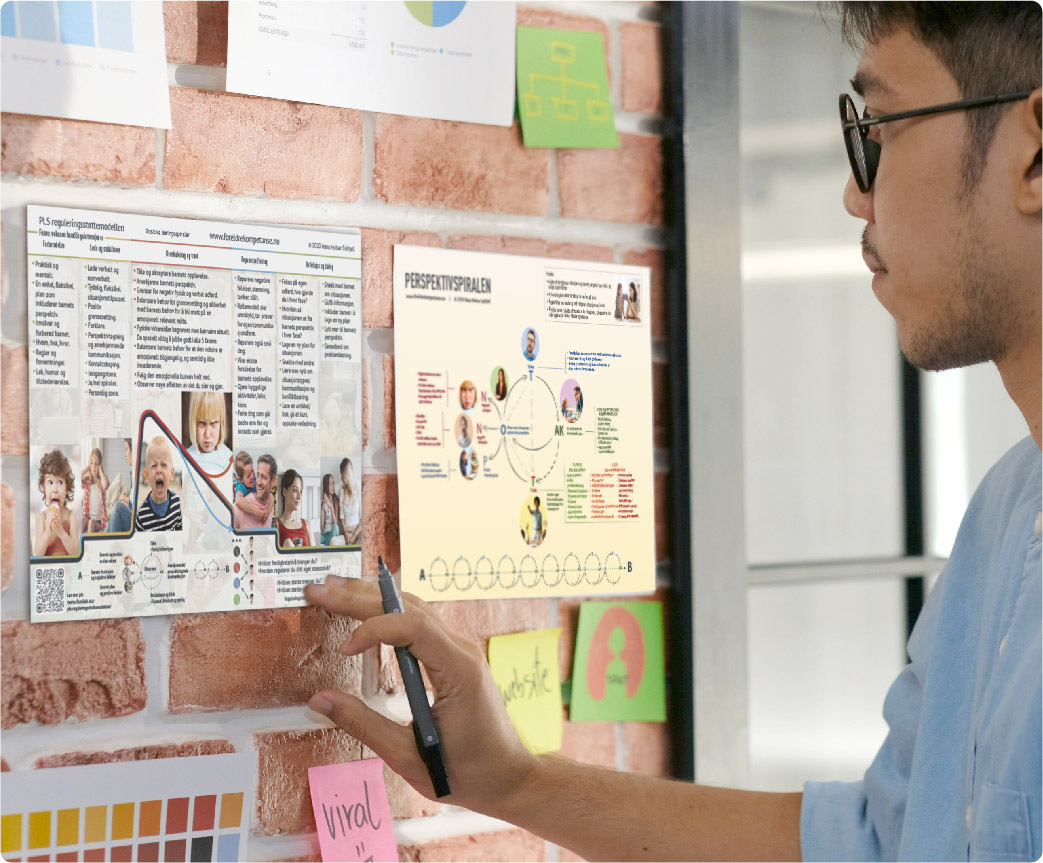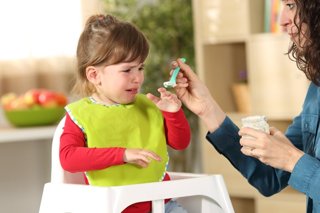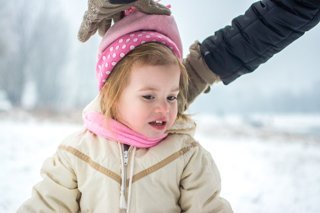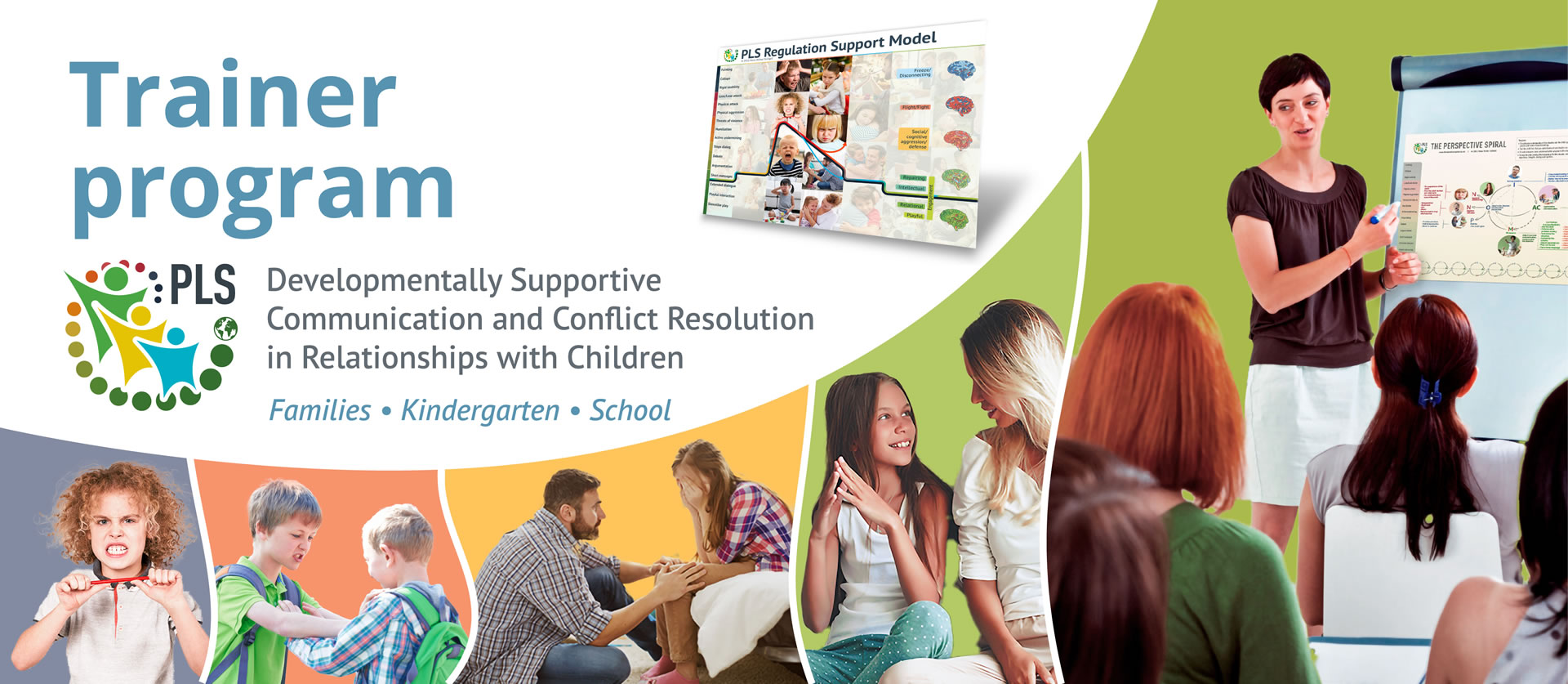
PLS Parenting Training Program
Do you want to support
children, parents
and those who work with children
in kindergarten and school?
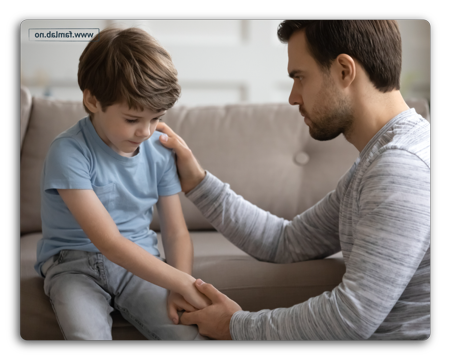
-
Are you engaged in working with children, young people and families?
-
Do you want to support children and parents struggling with relationships and conflicts?
-
Do you see conflicts between children and employees in your workplace and want to be able to provide greater support?
-
Is there a lot of conflict among children in your kindergarten or school?
-
Do you want to create a better environment in your workplace for children and employees?
-
Do you want to strengthen children’s social and emotional development?
-
Do you meet children who have self-regulation challenges, have experienced severe stress and trauma, and need extra help and support?
If you answered YES, then this program is perfect for you – and we’d be delighted to welcome you aboard!
The PLS Core Professional Skills level
On this page you will find information about the first level, The PLS Core Professional Skills level, of our training program. The first level is organised in 6 modules, over approximately 10 months and can be done as a stand alone program.
Main Training Objectives of the The PLS Core Professional Skills level
Objective 1: Increase Your Own Practical Competence
The training’s first objective is to raise participants’ practical competence in developmentally supportive communication and conflict resolution.
The goal is that you experience significantly increased confidence in your own ability to resolve and create learning in the many different conflict situations that typically occur in adult/child relationships.
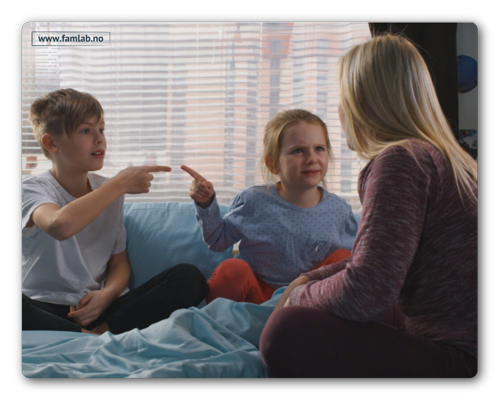
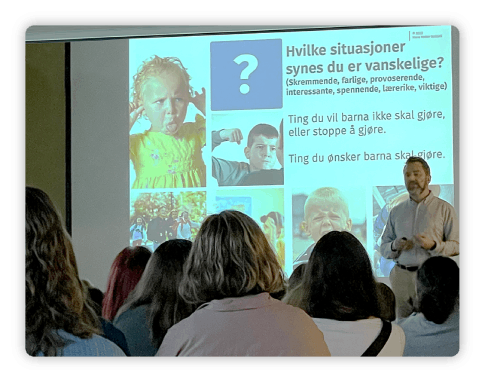
Objective 2: Training Competence
The course’s second objective is to develop participants’ ability to increase the competence of others through observation, guidance and teaching.
The training gives you the opportunity to work with specific situations that you experience and practice effective coaching and teaching in these situations.
The course also gives you access to a variety of models, training materials, exercises, reflections and observation forms that effectively help you help others.
This also creates the foundation for the second level, where you can be certified in the PLS. The first year can also be done as a stand alone program, for those not interested in certification.
“Thank you for an amazing program that has greatly helped me with my everyday life, working with children who need a little extra.”
“Here I learned to really understand what appreciative communication means in practice, and how I can apply it – even in demanding situations.”
“I use this course model in everyday life as a good tool for coping with everyday conflicts I encounter, and for training and coaching staff and parents.”
“Thank you for an amazing program that has greatly helped me with my everyday life, working with children who need a little extra.”
“Here I learned to really understand what appreciative communication means in practice, and how I can apply it – even in demanding situations.”
“I use this course model in everyday life as a good tool for coping with everyday conflicts I encounter, and for training and coaching staff and parents.”
Why are Conflict Resolution and Regulation-Support Crucial Factors?
Conflict Resolution is an Essential Life Skill
Good conflict resolution skills are essential in our work and personal relationships alike. Disagreement and conflicts occur in all relationships. They can be about everything from small everyday details to larger existential questions.
Read more here
The way we resolve disagreement and conflict is crucial to the quality of our relationships, and for the opportunities we have to develop, both personally and relationally, as professionals, parents and fellow human beings.
In asymmetric relationships (relationships between parties with different formal and informal “power” and status, as typically seen in adult/child relationships), the way that we resolve conflicts is particularly important, challenging and vulnerable.
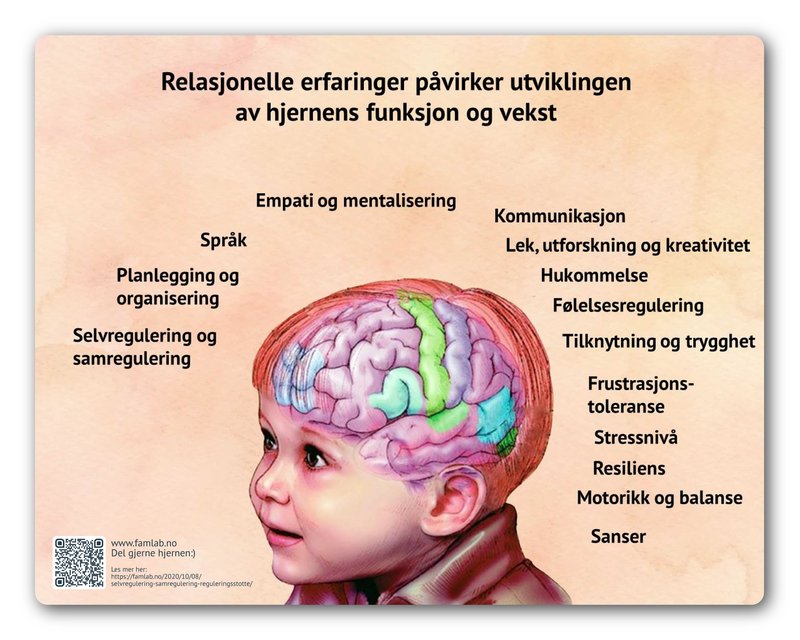
Important for the Child’s Development
In relationships with children, good conflict resolution depends on us not only solving a practical problem then and now, but resolving the conflict in such a way that the child (as well as ourselves) learns something healthy and constructive about good communication, conflict resolution and relationships, which is important in supporting the child’s development of social and emotional competence.
Read more here
In conflict situations, the child will also often be outside of their own window of tolerance. Their capacity for self-regulation can be overwhelmed, and they are therefore completely dependent on us adults to contribute good regulation support.
Conflict situations are the most difficult situations to turn into learning opportunities. This is especially the case for children who have self-regulation challenges due to diagnosis, negative learning history, stress and trauma (as well as a combination of these factors).
But it is entirely possible to do so.
Security and Trust in Relationships
The way in which conflicts are resolved can help to develop the trust in a relationship that is necessary to create a sense of security and safety, growth and development opportunities for individuals and groups. If conducted sub-optimally, it can also undermine trust and prevent or delay growth, learning and development.
Read more here
Through competent communication and conflict resolution, we can contribute to a wide range of positive effects.
The most obvious visible effects are better well-being, increased experience of meaning, mastery, safety and self-confidence in parents, staff and children alike.
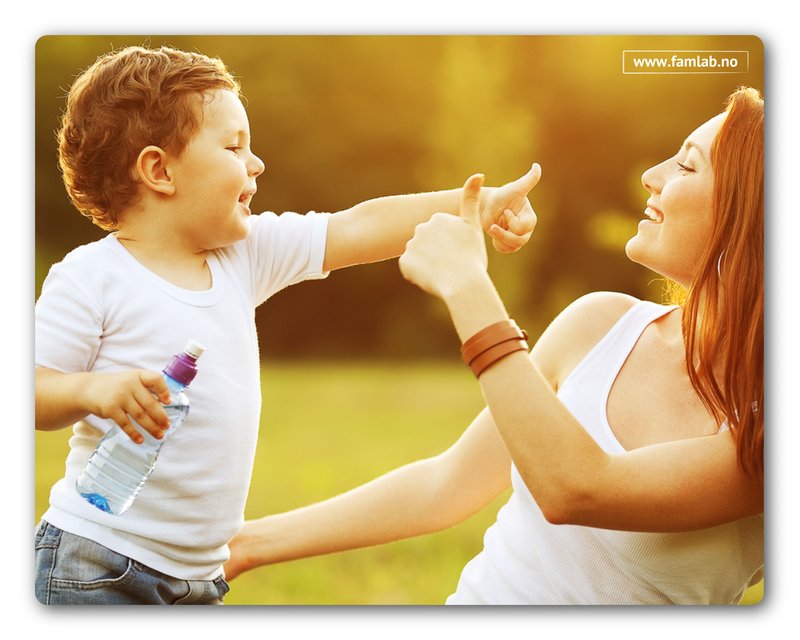
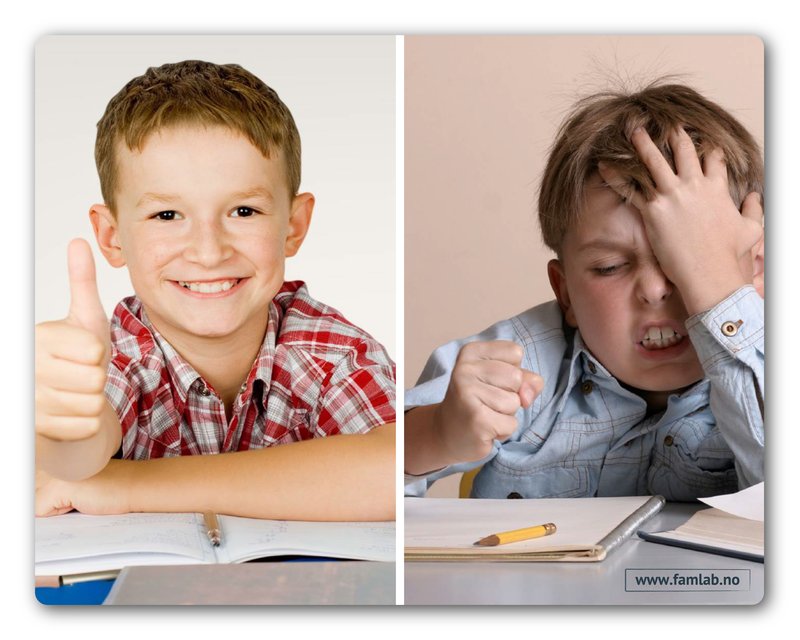
Social and Emotional Competence
Other effects are increased social and emotional competence in both children and adults, less stress and relational friction in everyday life.
We see that children have better language development, and develop language for emotions, setting boundaries, play, problem solving etc.
This also contributes to better relationships between children.
We may also see that there are fewer holding and forcing situations, and less situations in which the child becomes physically aggressive, strikes, throws, bites etc.
“I can really recommend the training. For us, who work in kindergarten, it gives a sense of security to have this knowledge in meetings with parents who want advice and guidance.”
“As a trainer, I have become more confident. Constructive feedback from course leaders and other participants was worth their weight in gold.”
“I use the model in everyday life, as a good tool to deal with everyday conflicts I encounter, to guide the staff and parents.”
PLS Model
for Authoritative Parenting, Limit Setting, Conflict Resolution and Regulation Support
Throughout this training, you will learn several practical models. The main model is the PLS model, which helps you gain an overview of conflict situations, what is happening and what is important to focus on and do in different phases of a conflict.
In addition, you learn the Perspective Spiral and Response Funnel, as well as several other models.
This framework makes conflict situations more manageable, and simplifies dialogue about conflicts between adults. It increases the competence of all parties in relation to conflict resolution and communication, and makes conflicts less upsetting and destructive in relation to relationships and further development.
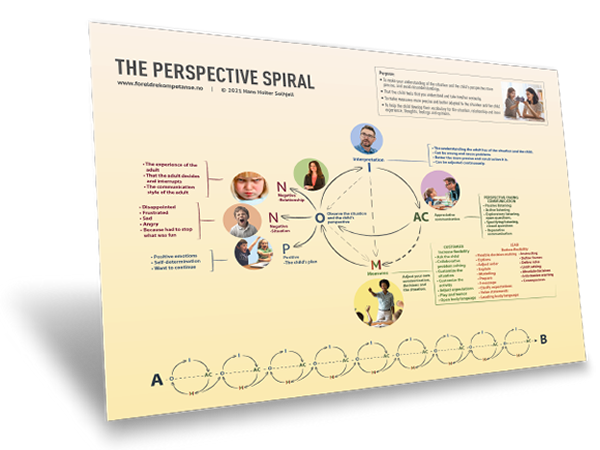
Perspective Spiral
“A model that is possible to keep in mind when facing situations that are perceived as challenging.”
“The model presented is easy to understand and easy to pass on to my own workplace and staff.”
An important goal of the training is that after each module you leave with new skills and practical understanding, and that you experience increased competency in your everyday life, at home and at work. This applies both to less experienced participants and those who already possess a lot of knowledge, training and experience in communication, conflict resolution and supporting children’s development.
Participants with experience in conflict resolution methods will be able to view the knowledge and skills they already have within a larger context and be able to use these skills in a more systematic way.
Together with the new self-confidence this provides, we want to convey a view of conflicts in which conflicts in relationships with children are seen as a source of growth and learning for all parties, developing essential life skills as well as improving relationships.
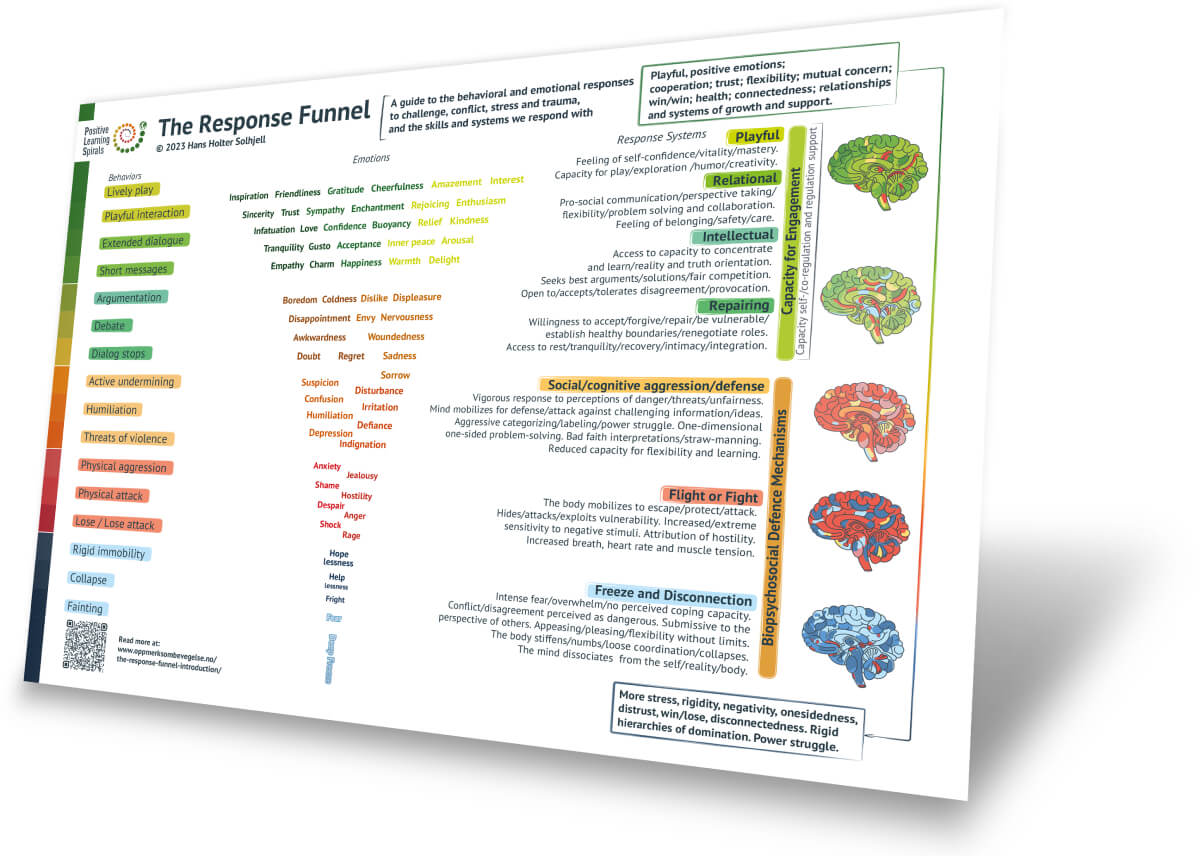
Response Funnel

Perspective Spiral
“A model that is possible to keep in mind when facing situations that are perceived as challenging.”
“The model presented is easy to understand and easy to pass on to my own workplace and staff.”
An important goal of the training is that after each module you leave with new skills and practical understanding, and that you experience increased competency in your everyday life, at home and at work. This applies both to less experienced participants and those who already possess a lot of knowledge, training and experience in communication, conflict resolution and supporting children’s development.
Participants with experience in conflict resolution methods will be able to view the knowledge and skills they already have within a larger context and be able to use these skills in a more systematic way.
Together with the new self-confidence this provides, we want to convey a view of conflicts in which conflicts in relationships with children are seen as a source of growth and learning for all parties, developing essential life skills as well as improving relationships.

Response Funnel
Experiences with Use of PLS!
We now have over 10 years of experience in the use of the PLS model in Norway!
It is used successfully by families, kindergartens, and schools.
Here is a collection of interviews of course participants
in which they talk about their experiences.
Experiences from Kanvas Kindergartens
15 kindergarten teachers from the national Kanvas kindergarten organisation completed the program in 2018 and use it in their everyday lives with children, colleague collaboration and to coach parents. You can read more about their experiences below:
“After completing the course, I got an aha-experience when I myself had to practice standing in conflict situations with the children here in the kindergarten.”
“I experience that the children feel understood and then the number of conflicts decreases.”
“The children have a higher confidence that we will help them when they know that they will also have the opportunity to share their experience of the situation. I have also noticed that they have become better at listening to each other and seeing the other’s perspective in conflicts.”
Experiences from Primary School
Marit is the principal of a primary school and has participated in our training program. Here you can read more about her experiences:
“We now have a much better competence when it comes to handling challenges.”
“It also makes it easier for adults to work together.”
“Among other things, it makes it easier to guide teachers and assistants who work directly with students.”
“There has been a lot of positive progress this year.”
“The PLS model provides a structure for the work that makes it easier to take a stand in a demanding situation.”
Experiences from Primary School
Lene is a teacher and special educator in primary school, and has participated in this training:
“I experience that the model is concrete and practically useful, both in simple everyday situations and potential acute conflict situations. It is especially useful in more challenging conflict situations, in which you also have to work long-term with repairing relationships, strengthening trust, security and giving the child an opportunity to learn how we can find good solutions based on cooperation.”
“The parent couples and groups I have supervised are enthusiastic about the PLS model and have used it to bring about positive changes in their own homes.”
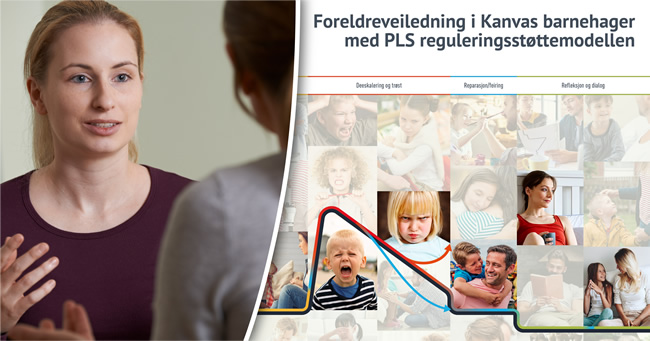
Experiences from Kanvas Kindergartens
15 kindergarten teachers from the national Kanvas kindergarten organisation completed the program in 2018 and use it in their everyday lives with children, colleague collaboration and to coach parents. You can read more about their experiences below:
“After completing the course, I got an aha-experience when I myself had to practice standing in conflict situations with the children here in the kindergarten.”
“I experience that the children feel understood and then the number of conflicts decreases.”
“The children have a higher confidence that we will help them when they know that they will also have the opportunity to share their experience of the situation. I have also noticed that they have become better at listening to each other and seeing the other’s perspective in conflicts.”
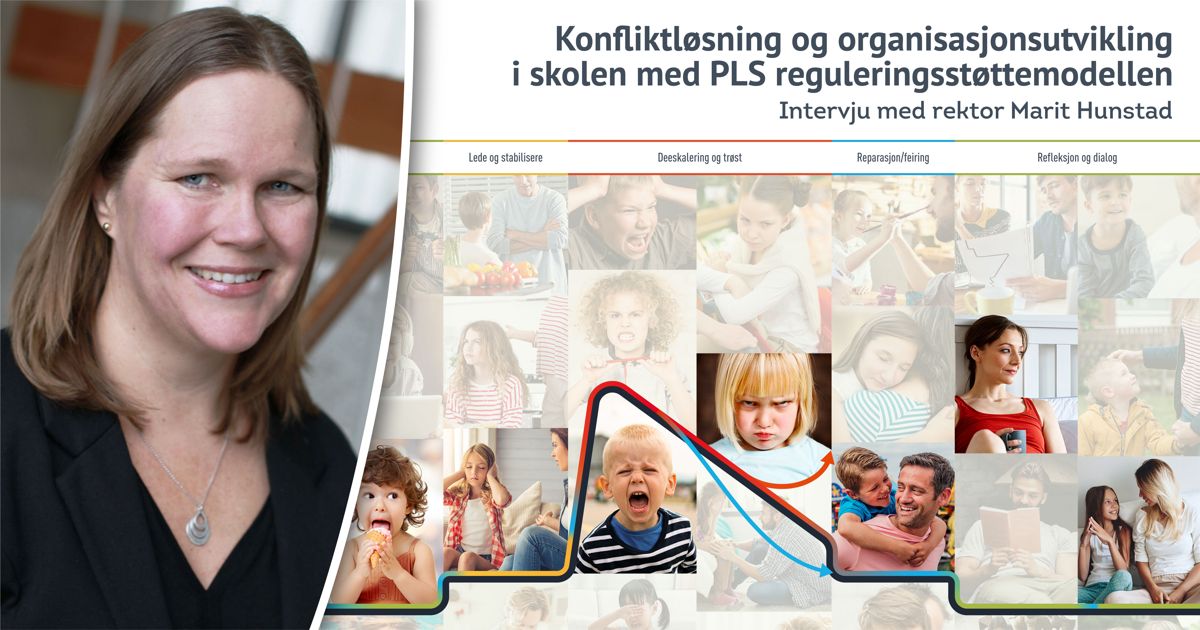
Experiences from Primary School
Marit is the rector of a primary school and has participated in our training program. Here you can read more about her experiences:
“We now have a much better competence when it comes to handling challenges.”
“It also makes it easier for adults to work together.”
“Among other things, it makes it easier to guide teachers and assistants who work directly with students.”
“There has been a lot of positive progress this year.”
“The PLS model provides a structure for the work that makes it easier to take a stand in a demanding situation.”
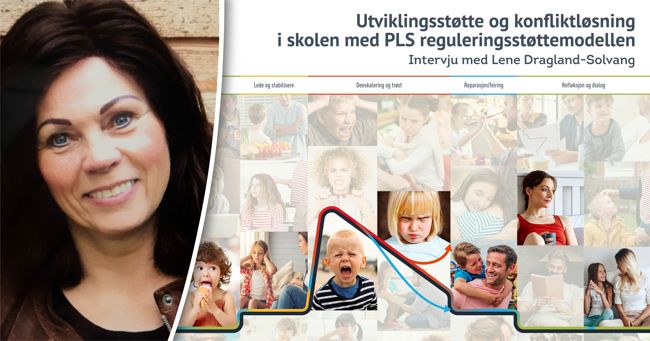
Experiences from Primary School
Lene is a teacher and special educator in primary school, and has participated in this training:
“I experience that the model is concrete and practically useful, both in simple everyday situations and potential acute conflict situations. It is especially useful in more challenging conflict situations, in which you also have to work long-term with repairing relationships, strengthening trust, security and giving the child an opportunity to learn how we can find good solutions based on cooperation.”
“The parent couples and groups I have supervised are enthusiastic about the PLS model and have used it to bring about positive changes in their own homes.”
“The program is also highly useful for people who have a good pre-existing knowledge of conflict resolution.“
“I can read and understand the situations much better and can act in more relevant and helpful ways.”
“I have benefited from this knowledge in my work as a teacher in child and youth worker education.“
You can view all course dates here.
Hans Holter Solhjell
Training Director and Creator of the PLS Framework Models
I am an educator with a major in pedagogy from UIO. In my practice, I work with training, courses and coaching for parents, kindergartens and schools, as well as in stress management and trauma therapy. I have previously worked at the Police Academy in Oslo, where I taught psychology to officers and staff.
For the past 20 years, I have specialized in developmentally supportive communication and conflict resolution in relationships with children. My focus is upon both everyday conflict situations and particularly difficult situations and relationships.
In addition, my goal is to make it more fun and enjoyable (and less stressful or frustrating) to be a parent or educator in kindergarten and school.
I am an educator with a major in pedagogy from UIO. In my practice, I work with courses and coaching sessions for parents, kindergartens and schools, as well as in stress management and trauma therapy. I have previously worked at the Police Academy in Oslo, where I taught psychology to officers and staff.
For the past 20 years, I have specialized in developmentally supportive communication and conflict resolution in relationships with children. My focus is upon both everyday conflict situations and particularly difficult situations and relationships. In addition, my goal is to make it more fun and enjoyable (and less stressful or frustrating) to be a parent or educator in kindergarten and school.
I have developed several methods and models to make communication and conflict resolution easier to learn and translate into good practice, even when a situation is particularly demanding. Below, you can see pictures of the three most important of these models: the PLS regulation support model, Response funnel, and Perspective spiral. You will learn to use these three pivotal models during this training program.In addition, I have several qualifications in trauma therapy, communication and change processes including the Feldenkrais method, Somatic Experience and Trauma Release Exercises.
Read more about my background and experience here.
I have developed several methods and models to make communication and conflict resolution easier to learn and translate into good practice, even when a situation is particularly demanding. Below, you can see pictures of the three most important of these models: the PLS model, Response funnel, and Perspective spiral. You will learn to use these three pivotal models during this training program.
In addition, I have several qualifications in trauma therapy, communication and change processes including the Feldenkrais method, Somatic Experience and Trauma Release Exercises.
Read more about my background and experience here.
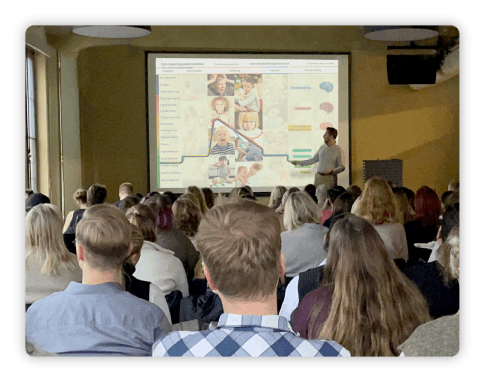
PLS Posters
I have developed several research-based models for development support, communication and conflict resolution, making it easier to learn how to resolve challenging situations and conflicts.
You will receive the posters via mail after you sign up for the training.
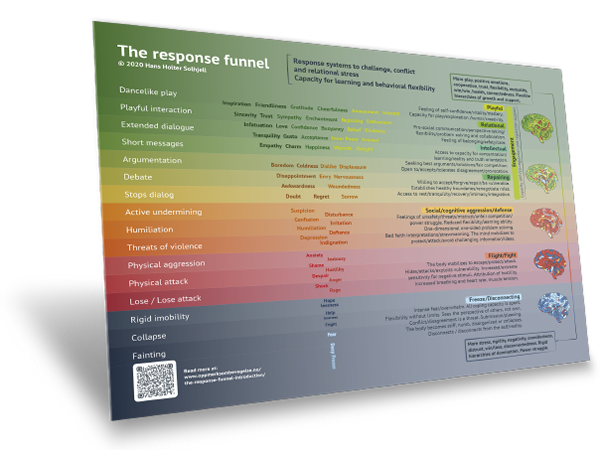
Response Funnel
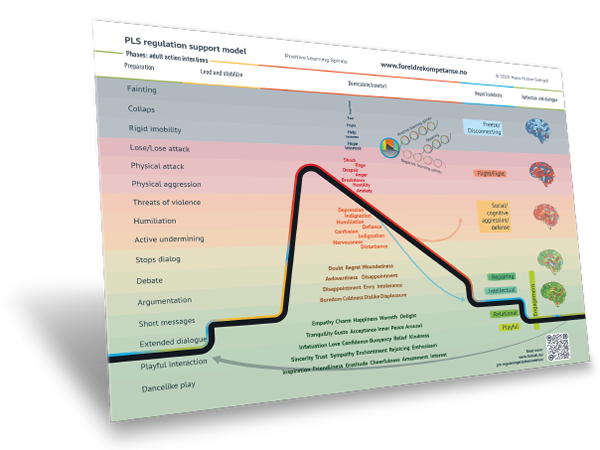
PLS Model

Perspective Spiral

PLS Model

Perspective Spiral

Response Funnel
“I have always seen myself as very appreciative in relation to children, and now I realize that the children have probably not always seen it the same way. Here, I learned to really understand what appreciative communication means in practice, and how I can apply it – even in demanding situations.“.
Kindergarten Manager
“The course is also educational for people who have a good pre-existing knowledge of conflict resolution. It has given me better insight into different subject areas related to relationships with children (developmental psychology, trauma theory, brain development and attachment theory, learning motivation etc.) and given me the necessary background knowledge to be able to confidently teach relationship-based conflict resolution. I participated in the training from abroad via Skype and it was completely problem-free, though of course it would have been nicer to be present.“
Tine Caroline Aarsæther
The PLS Core Professional Skills level
Module 1
Developmentally Supportive
Communication and Conflict Resolution
The PLS practical core:
- Presentation of the participants
- The core practical models in the PLS Framework.
- The PLS model: the 5 phases of developmentally supportive conflict resolution and what you can do during each phase.
- The Perspective Spiral
- Observing and understanding the situation and the childs perspective.
- Perspective-taking and appreciative communication, helping the child feel understood
- The Response Funnel
- The Regulation Support Circles model
After the first module, participants will be well prepared to start applying these models and continue learning from their practical experiences at home and at work.
Module 2
Conflicts between Children and Coaching others in the PLS framework
- Sharing of experiences since the last module, reviewing cases from participants and providing feedback.
- Conflicts between children and the adults role.
- Creating learning in conflict situations to support childrens communication, conflict resolution and play skills.
- Topics related to children’s development and self-regulation – play, language development, etc.
- Perspectives on and styles of coaching, training and learning of skills.
- The PLS style of coaching and training
- Preparation for practicing PLS coaching with staff and parents, individually or in in small groups.
- Group work with preparation for your practice PLS coaching between modules.
Module 3
Dialogue and Problem Solving Conversations with Children
- Sharing of experiences since the last module, reviewing cases from participants and providing feedback.
- Theory of learning and motivation – Self Determination Theory.
- Dialogue and problem-solving with children, with a focus on the PLS fifth phase: Reflection and Dialogue.
- Mindfulness and Embodiment exercises.
- Stress factors and thought patterns
- Coaching and training group work using cases from participants.
- Preparation for your further practice between modules.
Module 4
Particularly Challenging and Difficult Situations and Conflicts
- Sharing of experiences since the last module, reviewing cases from participants and providing feedback.
- Working with a long term focus and identifying progress when relationships are particularly challenging and difficult and conflicts and escalation have many different causal factors.
- Dynamic systems theory
- Mindfulness and Embodiment exercises.
- Trauma Release Exercises (TRE®)
- Coaching and training exercises with the use of participant cases.
- Preparation for your further practice between modules.
Module 5
Self-Regulation, Co-Regulation and Regulation-support
- Sharing of experiences since the last module, reviewing cases from participants and providing feedback.
- Theory of regulation-support, co-regulation, self-regulation, brain development, psycho-neurobiological attachment theory, fight/flight/freeze reactions and SES (Social Engagement System)
- The youngest children and the importance of the first years of development
- Brain development in relation to self-regulation and co- regulation-support
- Mindfulness and Embodiment exercises.
- The epistemological basis for the PLS model.
- Academic theory vs practice models/action hypotheses.
- Groupd work using cases from participants
Module 6
Overview and Integration
- Sharing of experiences since the last module, reviewing cases from participants and providing feedback.
- Summary and repetition of theory and practice with the PLS model.
- Presentations from the participants of their training reflection notes and summary of their experiences and development.
- Mindfulness and Embodiment exercises.
- Group work with the use of participant cases.
- Distribution of Training Diplomas!
Dates, Pricing and Location
Dates for the next Online PLS Training
2025
Startup 13th and 14th of January, Monday and Tuesday at 12 pm – 3:30 pm CET (Oslo, Norway)
All six modules are held online, with video meetings on Zoom.
Module 1
- Monday and Tuesday 13th and 14th of January 2025
- Monday and Tuesday 27th and 28th of January 2025
- Monday and Tuesday 3rd and 4th of February 2025
All times are 12 pm – 3:30 pm CEST (Oslo, Norway)
Module 2
- Monday and Tuesday 10th and 11th of March 2025
- Monday and Tuesday 24th and 25th of March 2025
All times are 12 pm – 3:30 pm CET (Oslo, Norway)
Module 3
- Monday and Tuesday 5th and 6th of May 2025
- Monday and Tuesday 19th and 20th of May 2025
All times are 12 pm – 3:30 pm CEST (Oslo, Norway)
Module 4
- Monday and Tuesday 16th and 17th of June 2025
- Monday and Tuesday 30th of June and 1st of July 2025
All times are 12 pm – 3:30 pm CEST (Oslo, Norway)
Module 5
- Monday and Tuesday 11th and 12th of August 2025
- Monday and Tuesday 18th and 19th of August 2025
All times are 12 pm – 3:30 pm CEST (Oslo, Norway)
Module 6
- Monday and Tuesday 6th and 7th of October 2025
- Monday and Tuesday 20th and 21st of October 2025
All times are 12 pm – 3:30 pm CET (Oslo, Norway)
Dates for the current Online PLS Training
All six modules are held online, with video meetings on Zoom.
Module 1
- Thursday and Friday 29th and 30th of August 2024
- Thursday and Friday 5th and 6th of September 2024
- Thursday and Friday 12th and 13th of September 2024
All times are 12 pm – 3:30 pm CEST (Oslo, Norway)
Module 2
- Thursday and Friday 17th and 18th of October 2024
- Thursday and Friday 31st of October and 1st of November 2024
All times are 12 pm – 3:30 pm CET (Oslo, Norway)
Module 3
- Thursday and Friday 28th and 29th of November 2024
- Thursday and Friday 12th and 13th of December 2024
All times are 12 pm – 3:30 pm CET (Oslo, Norway)
Module 4
- Thursday and Friday 9th and 10th of January 2025
- Thursday and Friday 23th og 24th of January 2025
All times are 12 pm – 3:30 pm CET (Oslo, Norway)
Module 5
- Thursday and Friday 6th and 7th of March 2025
- Thursday and Friday 20th and 21st of March 2025
All times are 12 pm – 3:30 pm CET (Oslo, Norway)
Module 6
- Thursday and Friday 15th and 16th of May 2025
- Thursday and Friday 29th and 30th of May 2025
All times are 12 pm – 3:30 pm CET (Oslo, Norway)
Contact
If you have any questions, contact us by using our contact form.
Price and Bonus Content
Total program price: US$ 3,400.
Upon registration, we charge a deposit of US$ 500.
You will receive access to our Online Learning System with course videos and we will send you the PLS posters in the mail when the deposit is paid.
The deposit is non-refundable.
The remainder of the program cost will be invoiced 6 weeks before the program starts.
Extra bonuses:
For the price you pay for this training, you also receive several extra bonus courses, course materials and posters.
–Two individual sessions with Hans Holter Solhjell.
Read more here.
–Free participation in TRE introductory courses.
Read more here.
–Days 1 and 2 of The Explosive Child Course with Dr. Ross Greene.
Read more here.
Who is this program suitable for?
This program is suitable for and open to anyone who seeks to better understand relationships with children and better-resolve conflicts with children in a developmentally supportive manner.
To use the models and materials provided in professional practice requires a relevant educational background and work experience.
Read more here
It is possible to participate in this program primarily for use in your personal life, family etc, without wanting to work as a coach or teach courses in other contexts.
Those who have daily contact with children e.g. kindergarten and school workers or parents who find themselves in many conflicts with their children will benefit particularly well from this training.
The same applies to those who work with families in different ways, such as family therapists, child welfare educators, psychologists etc.
If you work as an educational leader or manager in a kindergarten or school, this course will provide a concrete and practically oriented professional framework and models of communication that you need to raise the competence of your employees, assistants and other related parties. You can also use your new-found skillset to coach and guide parents in your kindergarten or school.
Can I get a job as a PLS trainer?
Most participants in coaching or therapy training of this type do so primarily for their own personal and professional development. That is, they use what they learn in the job they already have, as well as in their personal life.
Read more here
In reality, few people subsequently start a full-time private business as a coach, therapist etc. even though the program in which they participate markets this trajectory as a main attraction. We don’t want to use that type of marketing. This training program is not marketed as a way to set you up as an independent trainer or coach in a full time position, unless you have already established yourself in such a role. But if you apply for a job you can use the this training as part of your overall qualifications.
Also, we want participants who are primarily motivated by their own personal and professional development, and their intention to help children, parents and caregivers to resolve challenging situations, and to thrive.
What is required to be a PLS trainer?
The PLS Core Professional Skills level program provides those qualified with an opportunity to use the models and content in supervising parents and staff who work with children. It also makes it possible to use the material in connection with courses for parents and employees in your own kindergarten, school etc.
Read more here
The first level dose not provide a certification, but you will receive a proof of participatoin document. Only the second and third level provides certifications, and therefore also involves more work requirements, an exam etc. More information on this will follow once the The PLS Core Professional Skills level is established and a viable group is ready to move on to level 2.
To use the models and materials in a professional practice, you must have a relevant education at a minimum bachelor’s level, relevant experience (e.g. have your own children or work with children of relevant age) and show the ability to translate the principles of the program into practice in your everyday life.
In addition, one must through the program show or develop the ability to convey this experience in a concrete manner to others, as well as the ability to understand the situation of others (which can differ vastly from one’s own), understand what happens in other people’s conflict situations, and contribute with practical input to the processes of others.
Active use of the course materials beyond use in your own workplace, kindergarten, office or practice presupposes an agreement with our organisation, as well as participation in follow-up education or courses. Active coaches and course providers are expected to participate in online gatherings where we share insights, experiences and experiences with colleagues and other professionals in our network.
For professionals who possess the experience and educational background to run a full training program in cooperation with our organisation, a trainer training program will be made available.
Upon completion of the basic training, all participants will receive a course certificate confirming their successful participation in the program, level 1.
Experiences from Previous Participants
“Thank you for an incredibly great program that has given me a lot of help to cope with my everyday life, working with children who need/ demand that little bit extra. I use the good conversation when small conflicts are to be resolved (i.e. several times a day) and feel very much that I do not overtake the children. I am proven to spend the time needed, as the child has the opportunity to share everything he has on his mind. This has made me aware of the importance of being a good listener with understanding and not to be judgmental!”
“Utdannelsen har gitt meg en større trygghet på tema konfliktløsning. Jeg bruker verktøy jeg har lært på kurset til daglig i forhold til mine egne barn og i barnehagen. Det har vært lærerikt og spennende, og jeg føler at jeg er enda mer bevisst og observant i situasjoner. Jeg klarer å lese situasjonene mye bedre og kan handle deretter”.
“I experienced that the course was practically oriented and that it mainly covered familiar everyday situations that were easy for most people to recognize.
I learned practical tools and gained inspiration and good examples in meetings with the different professional groups that were represented on the course.”
“I have benefited greatly from this knowledge in my work as a teacher in the child and youth worker education program.
At the same time, the model is equally relevant and applicable in relation to one’s own children.”
“The course gave me a well-systematised material that is easy to find, and which made it easy to get an overview in such a way that it is possible to keep it in mind when one is in situations that are perceived as challenging. It was also presented in such a way that inspires dissemination.
I liked that there was a focus on how we could learn from what we often think of as difficult or challenging situations. It was also nice to be able to get guidance between sessions where I could go more in-depth on my topics and my own process. I experienced that the course was practically oriented and that it was mainly familiar everyday situations that it was easy for most people to recognise. I learned practical tools and got inspiration and good examples in meeting the different professional groups represented on the course.
It was very nice to have several professional groups represented to spar with and gain experience from. I recommend the course leader program for you who either in private or your work want to approach children in a growth- and learning-oriented way, learn more about how you can fulfill your responsibility to create good relationships in asymmetric conditions, and have knowledge and tools in difficult situations/conflicts that arise. And for you who want to inspire others to do the same.”
“Thank you for a wonderful and educational training! The program provided a good framework for learning. With a limited number of participants in the program, we had plenty of time to immerse ourselves in the individual everyday conflict situations we encounter.
The model presented is easy to understand and easy to pass on to your own workplace and staff. With plenty of time between each session, we got to practice in the workplace and at home and lay the groundwork for new discussions on the course days.
I use the model in everyday life, as a good tool to deal with everyday conflicts I encounter, to guide the staff and parents.”
“I highly recommend this course. I use the methods daily both at home and at work.”
“The training program in communication and conflict management was for me innovative, interesting and totally awesome! Theory, reflections and discussions were intertwined in an exceptionally good way, so that one sat down with a lot of newfound knowledge when the gathering was over.
Working with the material between the collections means that you have a good basis to work with for each collection, at the same time as it does your part to be able to link it to your own practice and give the content even more meaning.
As a communicator, I have become much safer. Constructive feedback from the course leader and other participants was worth its weight in gold, and which I have taken with me further. The course leader training provided good tips and concrete tools for both communication and conflict management, as well as the role that mediates. I can warmly recommend this program!”
“The course has given me greater confidence in the topic of conflict resolution. I use the tools I have learned in the program on a daily basis in relation to my own children and in kindergarten. It has been instructive and exciting, and I feel that I am even more aware and observant in situations. I can read situations far better and can act accordingly.
Changing attitudes to conflicts has helped me, because it is the case that conflicts are completely natural, and a way to learn a lot about ourselves and the child. I have always seen myself as very appreciative in relation to children, and now I realise that the children probably have not always seen it the same way. Here I learned to really understand what appreciative communication means in practice, and how I can apply it even in demanding situations.
In addition, the idea of positive learning spirals and the PLS five-phase model is particularly useful. We who work in kindergarten have a lot to gain from learning even more about appreciative communication and active listening.
I can really recommend the course, and for us who work in kindergarten, it gives a sense of confidence to have this knowledge in meetings with parents who want advice and guidance. I have become extremely interested in the topic, have already held several courses, and look forward to passing on the knowledge to parents and staff in kindergarten and school.”
“The training in communication and interaction has given me a practical tool through the use of the PLS co-regulation model. I have benefited greatly from this knowledge in my work as a teacher in child and youth worker education. At the same time, the model is equally relevant and applicable in relation to one’s own children. In relation to the course, I would especially like to point out the positive fact that the course leader used many practical examples to illustrate the concrete use of the model. In this way, he connected theory and practice in an understandable way. In addition, we had plenty of time between sessions to immerse ourselves in theory and try out the tool in practice. I recommend this course leader program.”
“Utdannelsen har gitt meg en større trygghet på tema konfliktløsning. Jeg bruker verktøy jeg har lært på kurset til daglig i forhold til mine egne barn og i barnehagen. Det har vært lærerikt og spennende, og jeg føler at jeg er enda mer bevisst og observant i situasjoner. Jeg klarer å lese situasjonene mye bedre og kan handle deretter”.
“I experienced that the course was practically oriented and that it mainly covered familiar everyday situations that were easy for most people to recognize.
I learned practical tools and gained inspiration and good examples in meetings with the different professional groups that were represented on the course.”
“I have benefited greatly from this knowledge in my work as a teacher in the child and youth worker education program.
At the same time, the model is equally relevant and applicable in relation to one’s own children.”
“The course gave me a well-systematised material that is easy to find, and which made it easy to get an overview in such a way that it is possible to keep it in mind when one is in situations that are perceived as challenging. It was also presented in such a way that inspires dissemination.
I liked that there was a focus on how we could learn from what we often think of as difficult or challenging situations. It was also nice to be able to get guidance between sessions where I could go more in-depth on my topics and my own process. I experienced that the course was practically oriented and that it was mainly familiar everyday situations that it was easy for most people to recognise. I learned practical tools and got inspiration and good examples in meeting the different professional groups represented on the course.
It was very nice to have several professional groups represented to spar with and gain experience from. I recommend the course leader program for you who either in private or your work want to approach children in a growth- and learning-oriented way, learn more about how you can fulfill your responsibility to create good relationships in asymmetric conditions, and have knowledge and tools in difficult situations/conflicts that arise. And for you who want to inspire others to do the same.”
“Thank you for a wonderful and educational training! The program provided a good framework for learning. With a limited number of participants in the program, we had plenty of time to immerse ourselves in the individual everyday conflict situations we encounter.
The model presented is easy to understand and easy to pass on to your own workplace and staff. With plenty of time between each session, we got to practice in the workplace and at home and lay the groundwork for new discussions on the course days.
I use the model in everyday life, as a good tool to deal with everyday conflicts I encounter, to guide the staff and parents.”
“I highly recommend this course. I use the methods daily both at home and at work.”
“The training program in communication and conflict management was for me innovative, interesting and totally awesome! Theory, reflections and discussions were intertwined in an exceptionally good way, so that one sat down with a lot of newfound knowledge when the gathering was over.
Working with the material between the collections means that you have a good basis to work with for each collection, at the same time as it does your part to be able to link it to your own practice and give the content even more meaning.
As a communicator, I have become much safer. Constructive feedback from the course leader and other participants was worth its weight in gold, and which I have taken with me further. The course leader training provided good tips and concrete tools for both communication and conflict management, as well as the role that mediates. I can warmly recommend this program!”
“The course has given me greater confidence in the topic of conflict resolution. I use the tools I have learned in the program on a daily basis in relation to my own children and in kindergarten. It has been instructive and exciting, and I feel that I am even more aware and observant in situations. I can read situations far better and can act accordingly.
Changing attitudes to conflicts has helped me, because it is the case that conflicts are completely natural, and a way to learn a lot about ourselves and the child. I have always seen myself as very appreciative in relation to children, and now I realise that the children probably have not always seen it the same way. Here I learned to really understand what appreciative communication means in practice, and how I can apply it even in demanding situations.
In addition, the idea of positive learning spirals and the PLS five-phase model is particularly useful. We who work in kindergarten have a lot to gain from learning even more about appreciative communication and active listening.
I can really recommend the course, and for us who work in kindergarten, it gives a sense of confidence to have this knowledge in meetings with parents who want advice and guidance. I have become extremely interested in the topic, have already held several courses, and look forward to passing on the knowledge to parents and staff in kindergarten and school.”
“The training in communication and interaction has given me a practical tool through the use of the PLS co-regulation model. I have benefited greatly from this knowledge in my work as a teacher in child and youth worker education. At the same time, the model is equally relevant and applicable in relation to one’s own children. In relation to the course, I would especially like to point out the positive fact that the course leader used many practical examples to illustrate the concrete use of the model. In this way, he connected theory and practice in an understandable way. In addition, we had plenty of time between sessions to immerse ourselves in theory and try out the tool in practice. I recommend this course leader program.”
Duty of Confidentiality
As the program structure asks participants to share their personal experiences, as well as the experiences of those with whom they are in contact, every participant has a duty of confidentiality in relation to the personal information, stories etc. discussed during the course.
FAQs
Where does the program take place?
The course modules can be taken in two different ways.
One format of the program is organised online with 4 modules via Zoom and with two sessions in Oslo, Norway.
The second format takes place with all sessions in Oslo, Norway.
I am in a relationship with, or supervise staff or parents with children who can get angry, hit, kick and bite. Is this program relevant to me?
Yes, this program and our models, including the PLS regulation-support model, are specifically well-suited to handling such situations. We are talking specifically about such cases and what can trigger this type of reaction in children. You will learn how to prevent such situations, how to deal with them once their prevention has failed, and how over time to create learning that strengthens a child’s ability for self-regulation and emotional and social competence.
Do you hold courses in kindergartens and schools?
Yes. The entire program can also be held for organisations, municipalities etc. A few years ago, Kanvas kindergartens hosted the entire program for 15 of their kindergarten teachers.
We also hold shorter courses during parent meetings and staff meetings. You can read more about our courses for kindergartens here, and our courses in schools here.
Can I ask questions about my own situation during the course?
Yes, you can ask about your own private experiences, as well as cases at your place of work. We spend a lot of time talking about and giving feedback on situations experienced by the participants themselves.
What happens if I cannot participate in a module? What do I do then?
If you miss a module, it is possible to participate in a corresponding module in a later program.
If you cannot come to Oslo but can follow the module via Zoom, you can also do this for the program, and modules, which take place in Oslo.
We also make recordings of the online modules, which you can access and learn from at your own convenience.
I work mostly with school age children and youth. Is this course relevant to me?
Yes, the program is also relevant for those who work mostly with older children and youth. You can also access course materials that are tuned to children in specific age groups.
I'm a parent. Can I join the course?
Yes, it is also possible to participate if you are a parent and do not work with children.
This is especially relevant for those who experience extra challenges at home, seek support and follow-up over a longer period, and who want to benefit from more knowledge in meetings with their children’s kindergarten, school etc.
We have had several parents on the course, and several of the professionals who have taken the course have also participated due to personal reasons, are foster parents etc.
Do you have shorter courses for parents?
Yes, you can read more about our PLS introduction course here.
I often experience conflicts between children. Does the course mention this?
Yes. One of the modules in the program focuses on the role of adults in conflicts between children.

